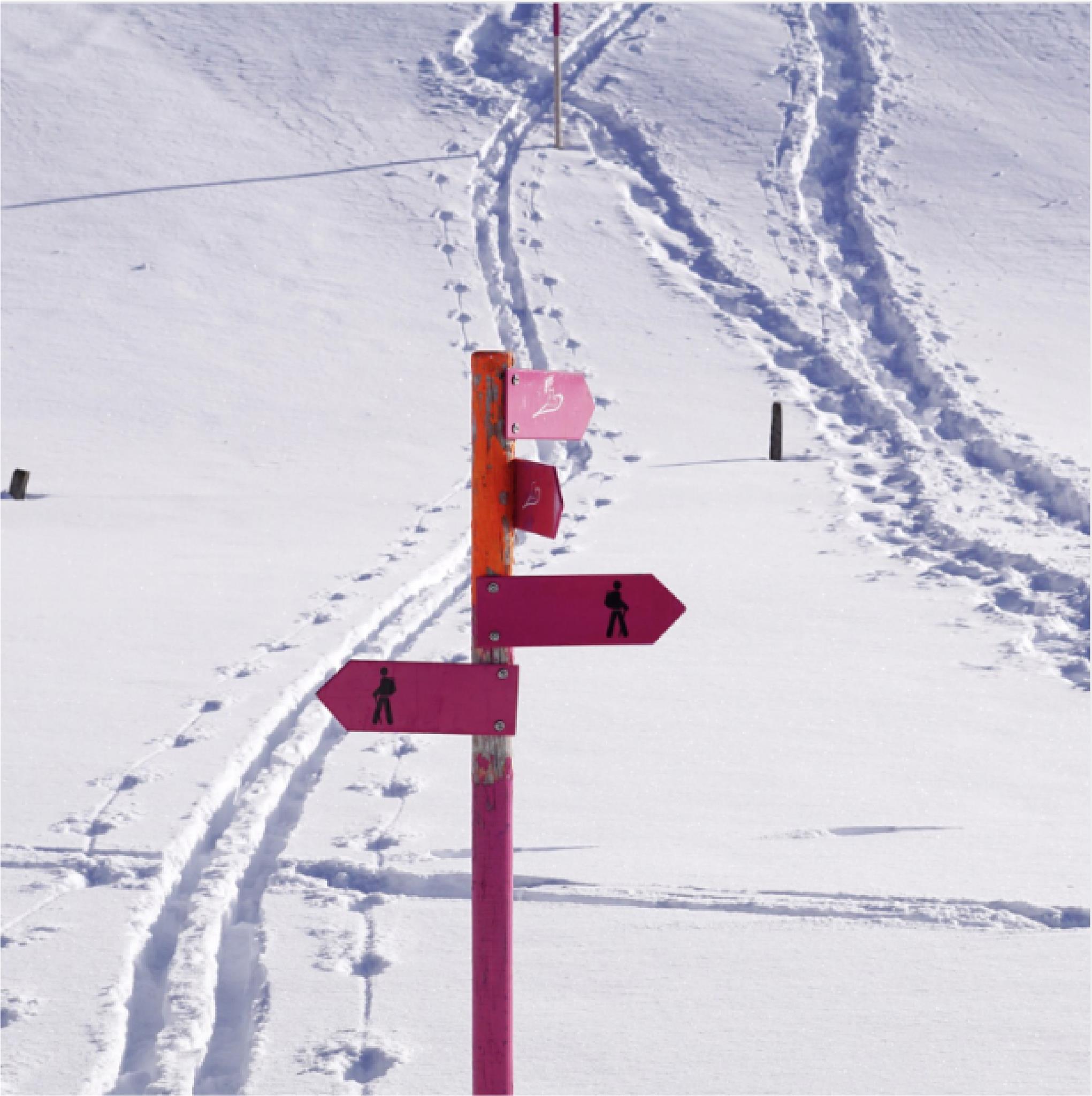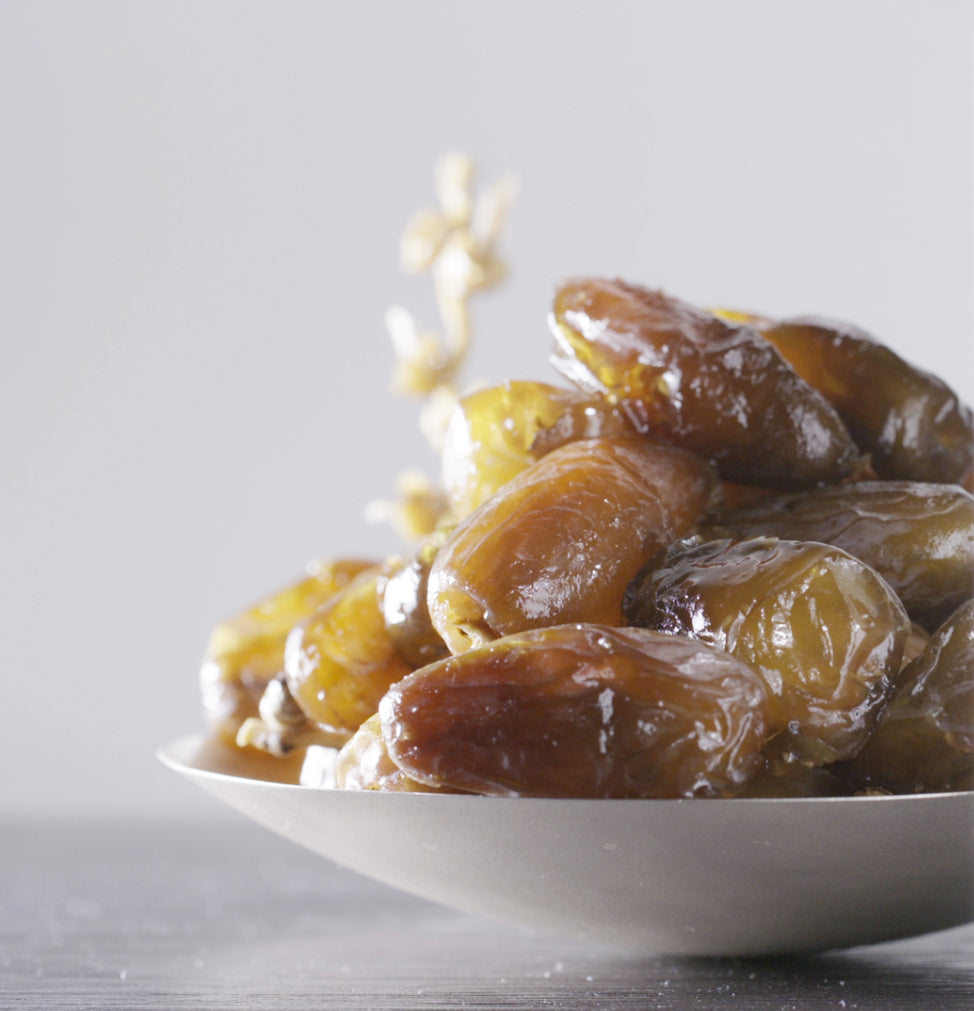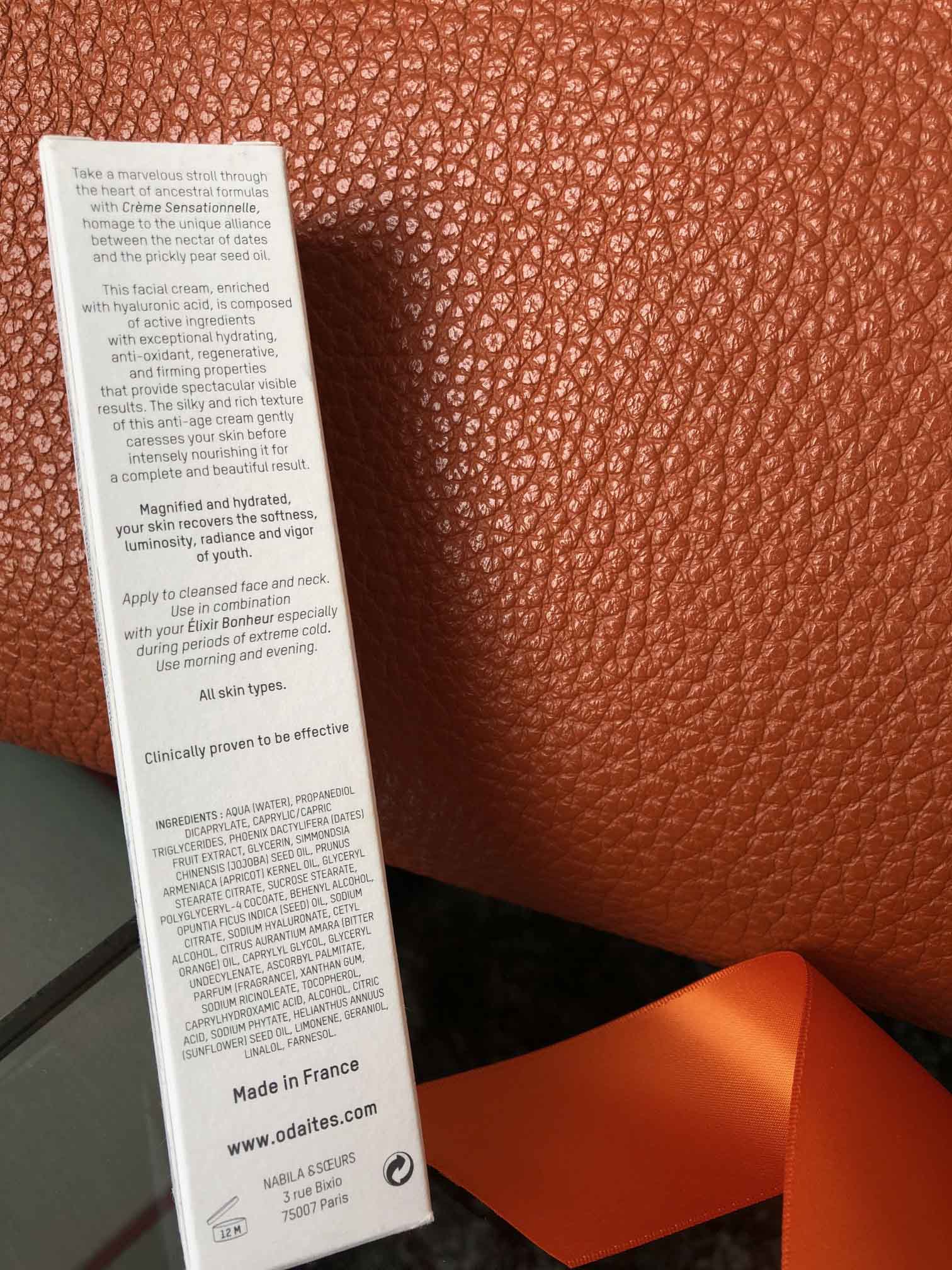
Ski & Skin - protecting my skin against the winter cold
You probably agree that even though we get to have fun on the ski slopes, cold winter temperatures and sports aren’t exactly kind to our skin. So, to help you and your skin avoid any bad memories at these times, we have put together a lot of little pieces of advice to know about, including application techniques and nourishing and soothing skincare to use, so your skin is armed with all the resources it needs to fight against dryness, redness, and lines!
What is the reaction of skin to the cold?
In winter, when our body is exposed o cold, it automatically defends itself by diverting bloodflow towards the protection of vital organs, but to the detriment of surrounding outside organs. See, in order for the body to function correctly, it must maintain an internal temperature at 37 degrees. Vessels that carry oxygen, nutrients and heat will automatically contract in order to have the least amount of surface area possible that is in contact with the cold air. So its important to avoid recooling your body. Your skin, when in contact with the cold, is less oxygenated and less nourished. This is how all the zones are less protected from the cold, such as the hands, face, and in particular, the lips, where the skin is very thin and will suffer the most from adverse effects.
In order for the cold not to be synonymous with an enemy to the skin, it is simple enough to reinforce the barrier function of the protective wall of the skin, where the composition has been imbalanced by the cold. The thing to do then is nourish and repair its “fatty mortar”, which is the protective shield that impedes the skin from becoming dry, permeable, and sensitive.
What to do so you can keep your skin in good health during the winter?
The best thing to do is to create good habits, so you get the best possible result. Start by adding a couple drops of oil or a serum with an oil base to your skin cream. It’s a great first remedy, and it’s something they do elsewhere- women in Normandy “isolate” their skin from the cold by almost hiding their entire face with a thick layer of vegetable oils! While we don’t have to go to such extremes, mainly because our climate is much milder, it is still good to know that there is still a phenomenon that exists that permanently causes dehydration. This event is called the transepidermal water loss (TEWL). It involves a “free” water that begins at the derma, and crosses different layers, where it ends up evaporating or combining together at the surface of the skin depending on the the identity of the corneous layer. So the more you apply a thick skincare product, the better it will work to protect your cutaneous barrier. Exfoliating your skin cleans out your pores and allows the skin to fully absorb the product and to get the most benefits from it. Choose carefully an exfoliator that can be both soothing and gentle. This is the right time to try out our gentle exfoliator that’s full of polyphenols.
Protect first and foremost your hydrolipid barrier to the best of your abilities, as it is your first protective barrier. Look for lipid enriched soaps and even wear soft clothes that come in contact with areas that are rubbed a lot by material, such as the neck or jaw when touching a scarf, and even elbows and feet. Just a little piece of advice- treat yourself with a deep massage before going to bed. You can use our nourishing balm, Secret Nomade, and apply it on your feet, elbows, and hands and let it sink in while sleep peacefully…and your skin will thank you when you wake up.
Don’t forget about your lips, where the skin is very thin! We often moisten them with our tongue, and since our saliva isn’t moisturizing, it cannot protect them- so opt instead for a good chapstick with karitin butter.
You can also do an Omega 3 and 6 treatment, that uses these famous fatty essential acids made up of enriching fatty components. Sprinkle your salads with coconut oil, sesame seeds, eat a lot of sardines, add linseed seeds to the salad, or better yet, enjoy the taste of good dates covered in nuts for breakfast!
What do you do for protection when you go skiing?
In high altitudes, the cold is even more intense and thus more drying. You have to multiply the level of protection at this height! And don’t forget to pay special attention to the skin around your eyes, which is very thin and thus needs the protection of reflective snow goggles to avoid as much dehydration as possible. Remember to humidify the bedroom, and adjust the temperature inside (19 degrees is usually the ideal temperature) and limit overly hot baths that can also dry out the body!
Apply a thick even layer of sunscreen every two hours because in high altitudes, UV rays are less filtered and the reflection off the snow is multiplied. But you don’t have to completely hide from the sun, either, since this is “now or never” when you can take advantage of a good time and good exercise, while treating your body and bones to exposure to vitamin D under a strong enough sun. This vitamin gets stocked up in the body for up to three weeks, employed freely for the organs, which use it according to their needs. And for ladies above fifty, think of taking a vitamin D pill every two months, especially if you don’t have the chance to go skiing during the winter!


